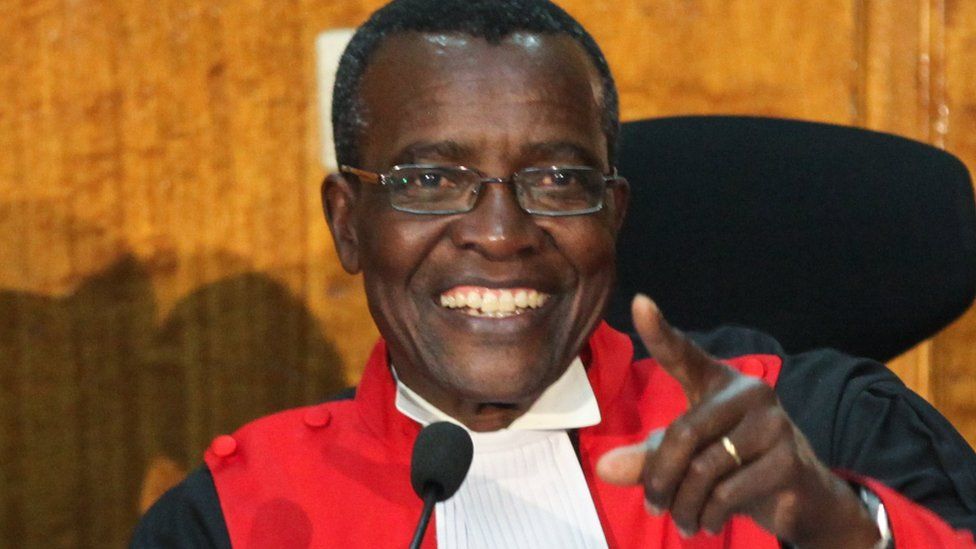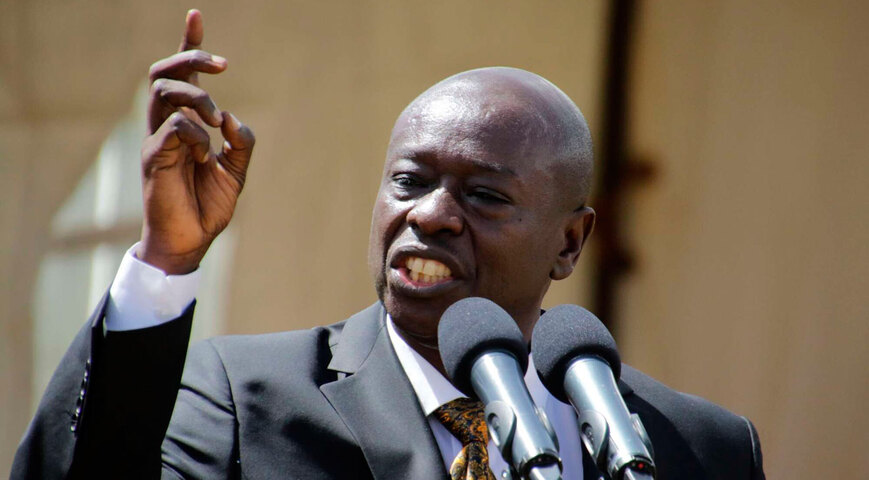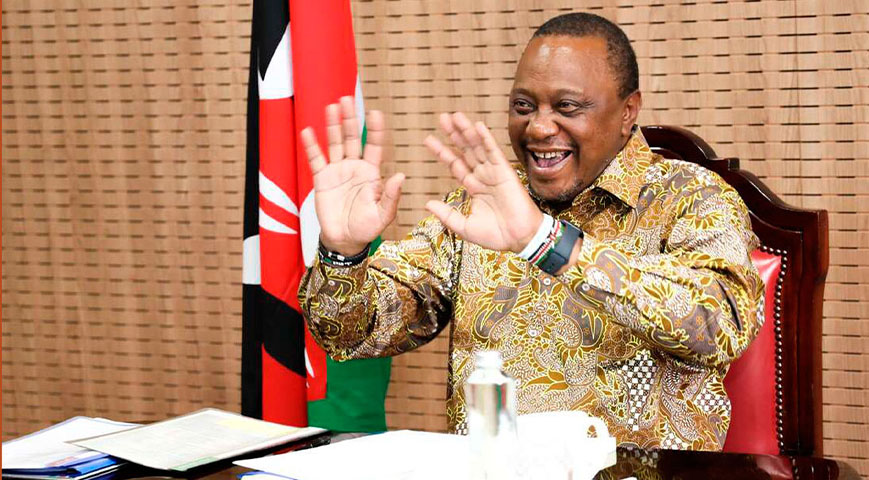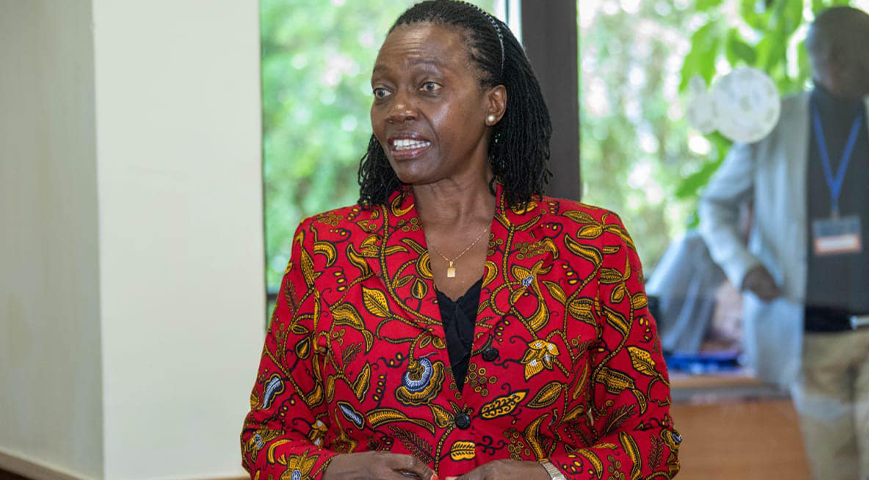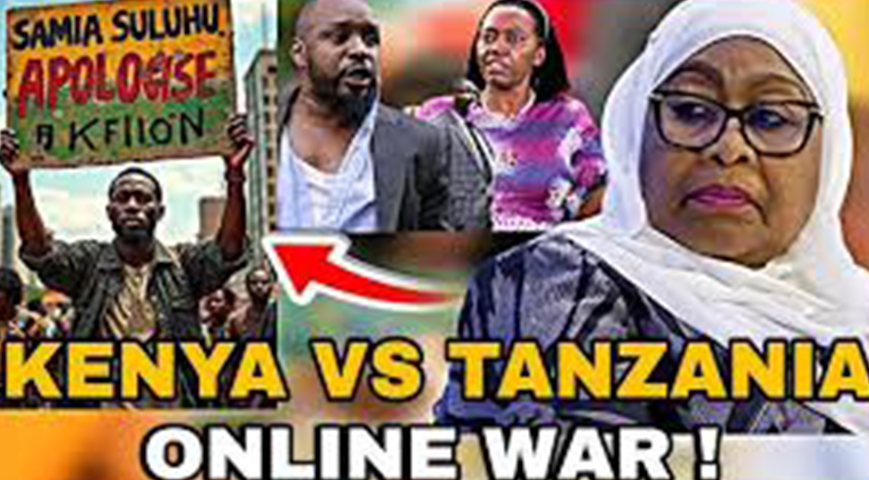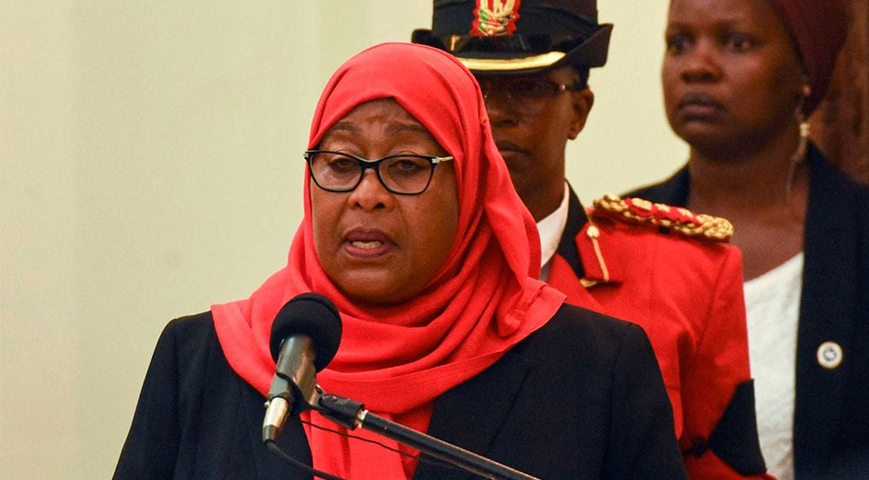Former Kenyan Chief Justice David Maraga has issued a scathing rebuke of Tanzanian authorities following the deportation of Kenyan activists who had traveled to support Tanzanian opposition leader Tundu Lissu.
Maraga, who accompanied the delegation, clarified that their visit was one of solidarity, not political interference.
A Stand for Democracy
Speaking after returning to Kenya, Maraga described Tanzania’s actions as both regrettable and a violation of international human rights principles. He emphasized that neither he nor the activists who joined him broke any laws during their brief visit.
Did you read this?
"Our intention was simply to stand with Tanzanians who are bravely advocating for democratic freedoms," Maraga stated.
"We did not go there to cause unrest or challenge Tanzania's sovereignty."
The former CJ highlighted that their presence was peaceful, legal, and aimed at showing unity with citizens concerned over the arrest and detention of opposition leaders, including Lissu.
Criticism of Suluhu's Government
Maraga directed pointed criticism at President Samia Suluhu’s administration, calling the deportation of Kenyans a heavy-handed and undemocratic response.
"Solidarity is not interference," he asserted.
"The quickness to label our group as meddlers is troubling and sets a dangerous precedent in the region."
He urged African governments to embrace scrutiny rather than silence dissent, particularly when it involves opposition figures.
Dismissing Political Allegations
Maraga firmly rejected claims that the mission was funded or orchestrated by foreign agencies or political interests.
"We acted independently, driven by conscience and a commitment to justice," he said.
He also acknowledged the sensitivity of cross-border activism but warned against equating advocacy with illegality.
"Silence in the face of injustice is complicity," he said.
"Defending democracy and human rights must never be treated as a crime."
A Call to Action
Maraga urged the Tanzanian government to release detained opposition leaders and respect their rights to due process. He also called on other African nations to speak up when democratic values are under threat.
The controversy has sparked renewed debate across East Africa about the limits of sovereignty versus regional accountability, especially in the context of human rights and governance.
Despite the backlash, Maraga remains unapologetic:
"If I had to do it again, I would," he said.
"Standing with the oppressed should never be punishable."

